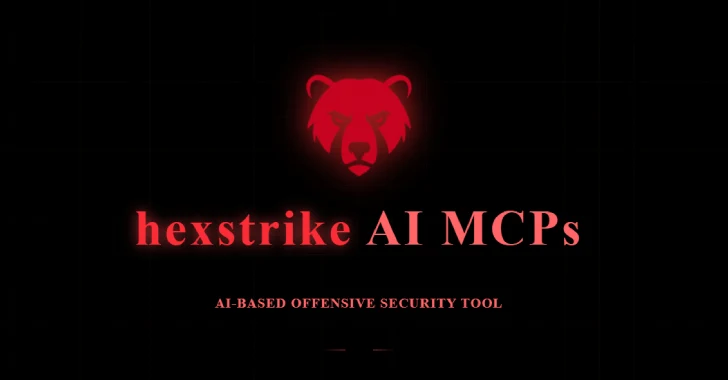Adobe has warned of a critical security flaw in its Commerce and Magento Open Source platforms that, if successfully exploited, could allow attackers to take control of customer accounts.
The vulnerability, tracked as CVE-2025-54236 (aka SessionReaper), carries a CVSS score of 9.1 out of a maximum of 10.0. It has been described as an improper input validation flaw. Adobe said it’s not aware of any exploits in the wild.
“A potential attacker could take over customer accounts in Adobe Commerce through the Commerce REST API,” Adobe said in an advisory issued today.
The issue impacts the following products and versions –
Adobe Commerce (all deployment methods):
2.4.9-alpha2 and earlier
2.4.8-p2 and earlier
2.4.7-p7 and earlier
2.4.6-p12 and earlier
2.4.5-p14 and earlier
2.4.4-p15 and earlier
Adobe Commerce B2B:
1.5.3-alpha2 and earlier
1.5.2-p2 and earlier
1.4.2-p7 and earlier
1.3.4-p14 and earlier
1.3.3-p15 and earlier
Magento Open Source:
2.4.9-alpha2 and earlier
2.4.8-p2 and earlier
2.4.7-p7 and earlier
2.4.6-p12 and earlier
2.4.5-p14 and earlier
Custom Attributes Serializable module:
Versions 0.1.0 to 0.4.0
Adobe, in addition to releasing a hotfix for the vulnerability, said it has deployed web application firewall (WAF) rules to protect environments against exploitation attempts that may target merchants using Adobe Commerce on Cloud infrastructure.
“SessionReaper is one of the more severe Magento vulnerabilities in its history, comparable to Shoplift (2015), Ambionics SQLi (2019), TrojanOrder (2022), and CosmicSting (2024),” e-commerce security company Sansec said.
The Netherlands-based firm said it successfully reproduced one possible way to exploit CVE-2025-54236, but noted that there are other possible avenues to weaponize the vulnerability.
“The vulnerability follows a familiar pattern from last year’s CosmicSting attack,” it added. “The attack combines a malicious session with a nested deserialization bug in Magento’s REST API.”
“The specific remote code execution vector appears to require file-based session storage. However, we recommend merchants using Redis or database sessions to take immediate action as well, as there are multiple ways to abuse this vulnerability.”
Adobe has also shipped fixes to contain a critical path traversal vulnerability in ColdFusion (CVE-2025-54261, CVSS score: 9.0) that could lead to an arbitrary file system write. It impacts ColdFusion 2021 (Update 21 and earlier), 2023 (Update 15 and earlier), and 2025 (Update 3 and earlier) on all platforms.
Found this article interesting? Follow us on Google News, Twitter and LinkedIn to read more exclusive content we post.



